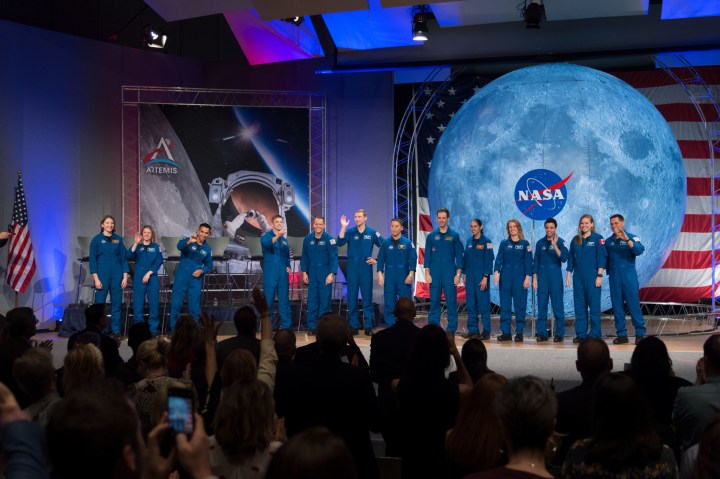
If you’ve ever fancied walking on the moon or being the first human to step on another planet, now’s your chance: NASA is opening applications for aspiring astronauts.
This is the first time in more than four years that the agency has invited applications for its highly competitive astronaut training program. It is seeking more astronauts for its Artemis program and its ongoing plans for a moon to mars mission.
“America is closer than any other time in history since the Apollo program to returning astronauts to the moon,” NASA administrator Jim Bridenstine said in a statement. “We will send the first woman and next man to the lunar South Pole by 2024, and we need more astronauts to follow suit on the moon, and then Mars.
We’re looking for talented men and women from diverse backgrounds and every walk of life to join us in this new era of human exploration that begins with the Artemis program to the moon. If you have always dreamed of being an astronaut, apply now.”
Applications are open to U.S. citizens who have “a master’s degree in a STEM field, including engineering, biological science, physical science, computer science, or mathematics, from an accredited institution,” or equivalent education such as two years’ work toward a Ph.D., a doctorate of medicine, or completion of a test pilot program.
You also need to have two years of related professional experience or 1,000 hours of time logged as a pilot in a jet aircraft. Even if you fulfill these criteria, the competition for spots is intense: When applications for the program were last opened in 2015, a staggering 18,300 people applied.
“Becoming an astronaut is no easy task, because being an astronaut is no easy task,” Steve Koerner, NASA’s director of flight operations and chair of the Astronaut Selection Board at NASA’s Johnson Space Center in Houston, said in the statement. “Those who apply will likely be competing against thousands who have dreamed of and worked toward going to space for as long as they can remember. But somewhere among those applicants are our next astronauts, and we look forward to meeting you.”
If you think you’ve got what it takes, you can submit your application via the USAJobs website.


